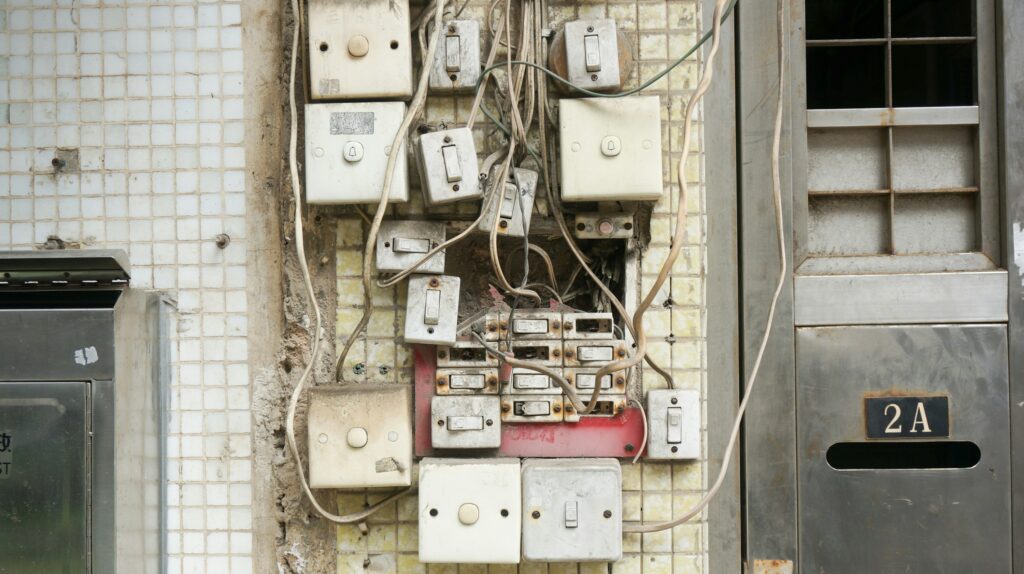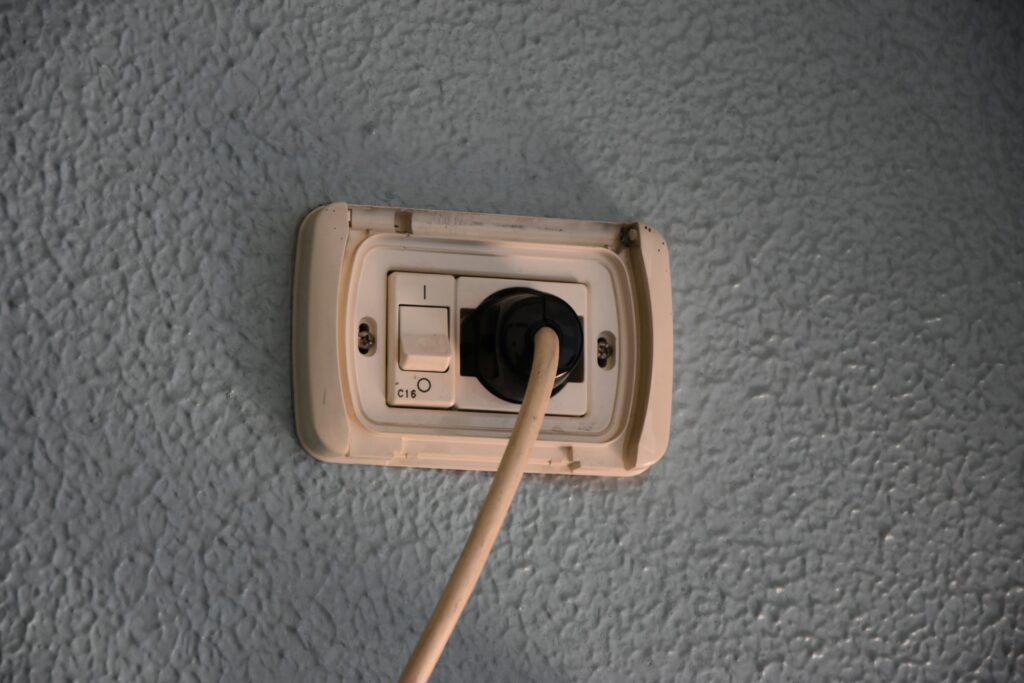12 Electrical Emergency Electrician Ltd
How to Spot Faulty Wiring at Home?
- John Doe
- Mar 11, 2025

Overview
Faulty wiring is one of the leading causes of electrical fires in UK homes. Often hidden behind walls or ceilings, these issues can go unnoticed until they pose a serious safety risk. If you’re living in an older property or you’ve recently taken over a home with uncertain electrical history, knowing the warning signs can help you avoid potentially dangerous and costly situations.
Common Signs of Faulty Wiring
1. Frequent Circuit Breaker Trips
If your circuit breaker trips often, it may indicate overloaded circuits or short circuits. This is a safety mechanism to prevent overheating and potential fires.
2. Flickering or Dimming Lights
Lights that flicker or dim without a clear cause could signal loose wiring or an overloaded circuit.
3. Burning Smell or Discoloured Outlets
A persistent burning smell or scorch marks around outlets suggest overheating wires, which is a serious fire risk.
4. Buzzing Sounds
Unusual buzzing or humming noises from outlets or switches can indicate loose connections or faulty wiring.
5. Warm or Vibrating Wall Plates
If switch plates or outlets feel warm to the touch or vibrate, this could be due to faulty wiring or an overloaded circuit.
Causes of Faulty Wiring
- Aging Infrastructure: Older homes may have outdated wiring that doesn’t meet current safety standards.
- DIY Repairs: Unqualified repairs can lead to improper connections and increased risk.
- Rodent Damage: Rodents can chew through wires, causing shorts and fire hazards.
What you should never do is ignore these signs or attempt DIY fixes. UK regulations require that most electrical work in homes be carried out or at least certified by a qualified electrician under Part P of the Building Regulations. You risk serious injury, fines, or invalidating your home insurance if you attempt repairs yourself.
Instead, schedule a professional inspection. Many electricians offer full electrical safety checks, and if your home is over 25 years old, these should be done regularly. Certified electricians can spot outdated systems like aluminium wiring or old fuse boxes that are no longer compliant with safety standards.
The peace of mind you gain from having a safe electrical system is well worth the cost of a professional evaluation—and it could prevent a much bigger issue down the line.



